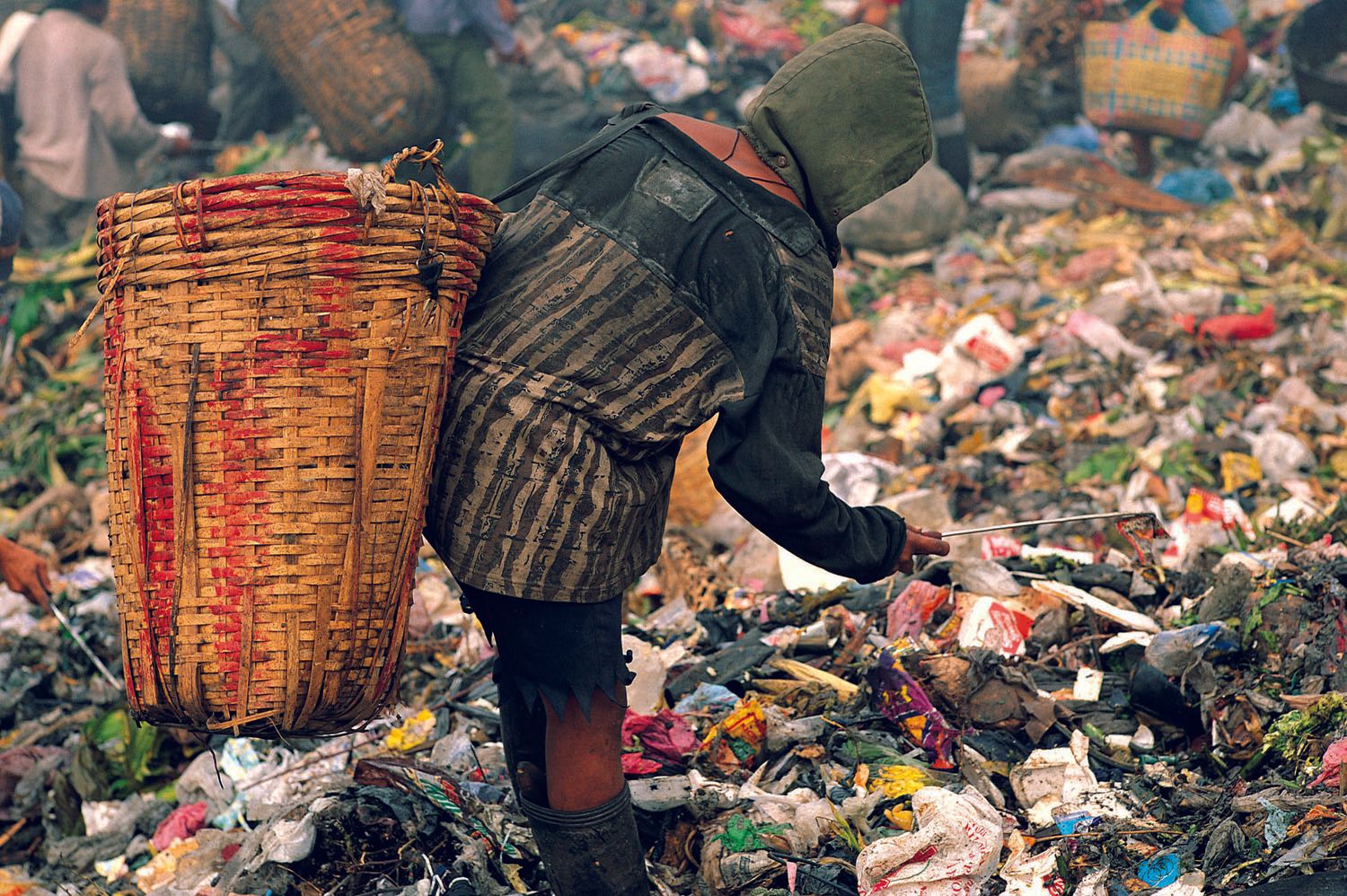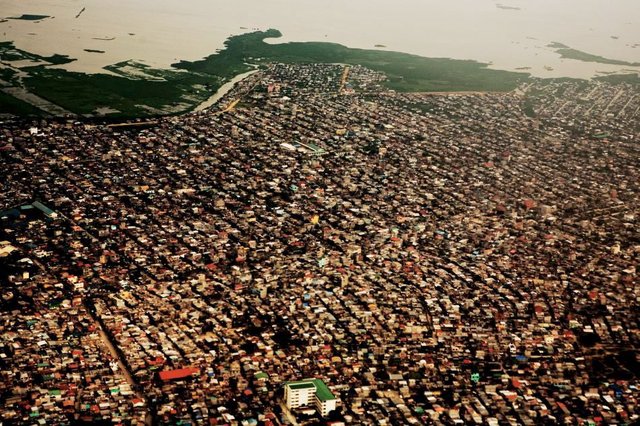The Anthropocene - Scale and Scope - Academic Discourse Analysis (Continued)

In this article I will continue my analysis of the various academic debates and principle discourses surrounding the Anthropocene as an emerging epoch and how various academic disciplines are seeking to redefine their respective roles in relation to it's importance.
Listening to the two video conversations with Nancy Langston and Musami Yuki I became particularly curious to elaborate and discuss the concepts sense of care, which was discussed mainly by Yuki, and environmental justice, discussed by Langston, in relation to scale of the Anthropocene. Environmental justice is defined slightly different around the world, but most important aspect of it I argue is who will benefit and who will suffer from one particular event or intervention on the environment, as mentioned by Langston. It could also be described in more economic terms as benefits may accrue at one scale or one place, but another carries the costs (Robin & Steffen, 2007). Lekan (2014, p. 179) states “Yet Anthropos was hardly a unitary agent over the past two hundred years, since the increase in CO2 levels stemmed almost entirely from the fossil fuel burning of wealthy OECD countries in Europe, North America, and East Asia”, and by so highlight the importance to discuss environmental justice. It also highlight the discussion of whatever Anthropocene is caused by humanity, or just some humans, but that is not a discussion for here.
Yuki describes both in her text (Yuki, 2012) and in the video the people of Minamata as people strongly connected to the local community, and tied to traditions by a hunter-gatherer characterized food chain. It was their close relationship to the sea that made eat toxic food knowing it was toxic. Rockström et al. (2009) states that although the planetary boundaries are described in terms of individual quantities and as separate processes, the boundaries are tightly coupled. I would argue the same could be said about almost every process and environmental system on earth, regardless of scale. A plant in Minamata caused pollution of an inland sea, the marine ecosystem, and the food chains of the surrounding area, and the people in the area received the disease by eating toxic seafood.
The local community suffered from pollution from somewhere else and became basically victims of environmental injustice. Even though the light human interaction on ecosystems from a hunter-gatherer community with small population (Ellis & Ramankutty, 2008) they suffered from activities elsewhere. Land-use changes in the Amazon could influence water resources as far away as Tibet (Rockström et al., 2009) and that could happen with toxic chemicals as well, as Langston argues in the movie conversation. Steffen et al. (2015) also highlight the local to global biochemical flow of for example phosphorus and nitrogen, and by so, I think, amplifies that the Anthropocene happens everywhere, on every scale, and in the end will affect everyone.

If Antropocene happens and affect on every scale, in space and time, how does change occur? Yuki calls for “regain sense of care” to reduce anthropogenic impact on the environment and climate. To some extent I do agree, but as Ellis and Ramankutty (2008) states the population density is a useful indicator of human interaction on ecosystems, and with population level of the earth today and ongoing urbanization I believe it is very difficult to regain a high level of sense of care, at least in many parts of the westernized world. In the conversation with Yuki, state level governance is argued to help in a short-term perspective, and a local change of values and increased education will help change in a long-term perspective. I do believe change of values and sense of care have potential to change in a long-term perspective. However, I am not convinced it will happen quickly enough and therefore we need bold state policy instruments in order to reverse the ongoing development.
References:
Ellis, E. C., & Ramankutty, N. (2008). Putting people in the map: anthropogenic biomes of the world. Frontiers in Ecology and the Environment, 6(8), 439–447.
Lekan, T. (2014). Fractal Eaarth: Visualizing the Global Environment in the Anthropocene. Environmental Humanities, (5), 171–201.
Robin, L., & Steffen, W. (2007). History for the Anthropocene. History Compass, 5(5), 1694–1719.
Rockström, J., Steffen, W., Noone, K., Persson, Å., Chapin, F. S., Lambin, E. F., … Foley, J. A. (2009). A safe operating space for humanity. Nature, 461(7263), 472–475.
Steffen, W., Richardson, K., Rockström, J., Cornell, S. E., Fetzer, I., Bennett, E. M., … Sörlin, S. (2015). Planetary boundaries: Guiding human development on a changing planet. Science, 1259855.
Yuki, M. (2012). Why Eat Toxic Food? Mercury Poisoning, Minamata, and Literary Resistance to Risks of Food. Interdisciplinary Studies in Literature and Environment, 19(4), 732–750.
Image: business-ethics.com: The Impact of Human Population Growth
Image: prospektphoto: Overpopulation in Manila
Hey @fugetaboutit. I really enjoy your articles, and upvote them via Steemfollower daily. As you are probably aware by now, I have been "on the ground" on my mountain bike, observing first-hand some of the issues you write about. I also obviously provide you with some "interesting" (hopefully valuable) intel, albeit not the type of "sugar coated" downloads which you get from the more formal channels. I hope you will be able to endure my no-holds-barred style, and extract some value out of it. I apologize if I can at times be a bit offensive. That being said, I found this interesting blockchain related article throgh my research today which I think will resonate with you. Hope you enjoy... https://www.cnbc.com/2017/12/03/for-security-agencies-blockchain-goes-from-suspect-to-potential-solution.html
Thanks for the link. It was an interesting read. I am not surprised Defence Advanced Research Projects Agency (DARPA) is interested in blockchain capabilities. The article mentioned a good point about military doctrine and policy makers more accustomed to centralized solutions which obviously blockchain technology provides the opposite. Funding was another issue which for the Intelligence Community, has always been a bone of contention leading to issues with stove-piping and competitive dysfunction, especially when it comes to info sharing and input. Feel free to always contribute, I enjoy any input from a diversity of sources and perspectives.
You are looking to the future my friend. With so many people it's going to be our future to be locked in boxes or towers. I love being with nature and look forward to building a sustanable community.
Indeed and it is both logical and common sense to assess our current situation in regards to our role with our environment now rather then when it is too late to take any proactive measures. But alas, I think this is somewhat of a moot point considering the historical track record of our species. Something drastic would need to happen for humanity to act in any positive direction. Still awareness is our first step.
With every new development it's just another step towards that direction. The complexity of this understanding might be weird. Humans just need to see what's really going on and soon I believe there will be enough people to say No More